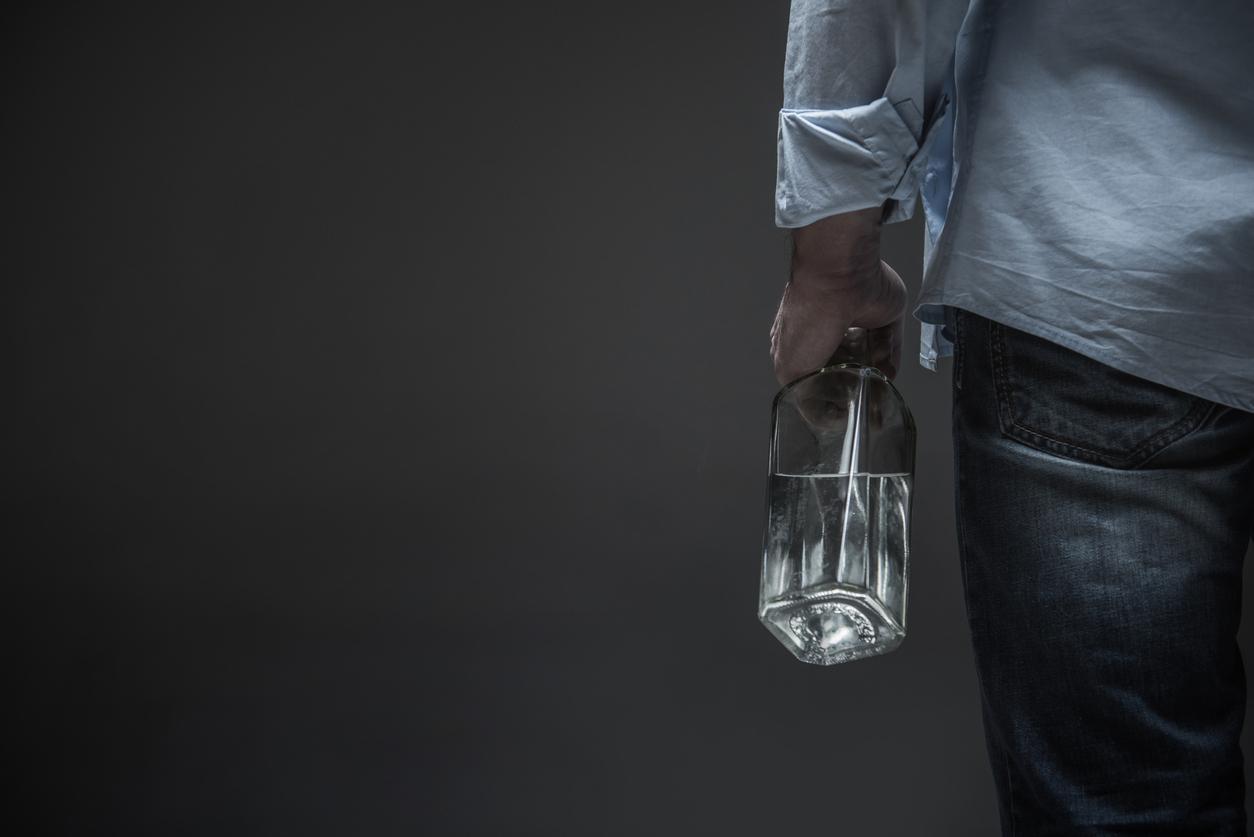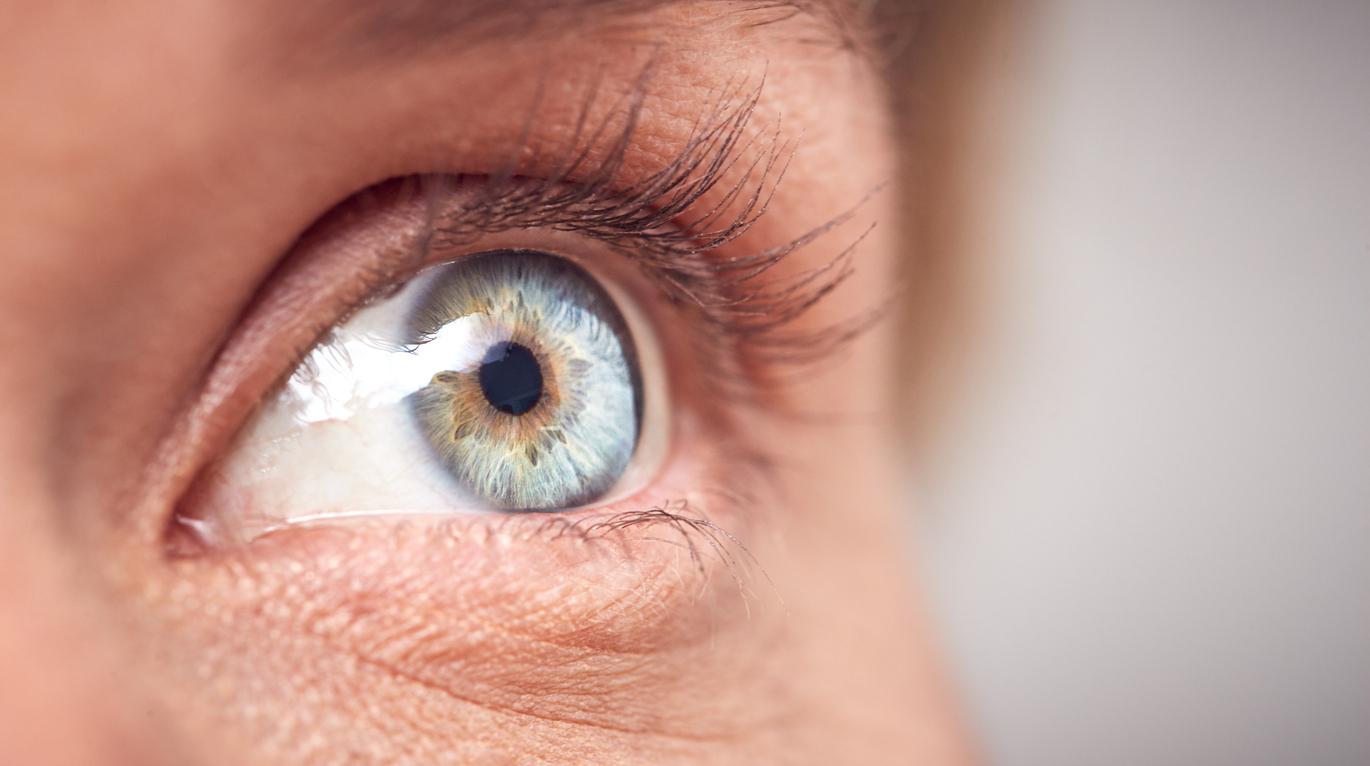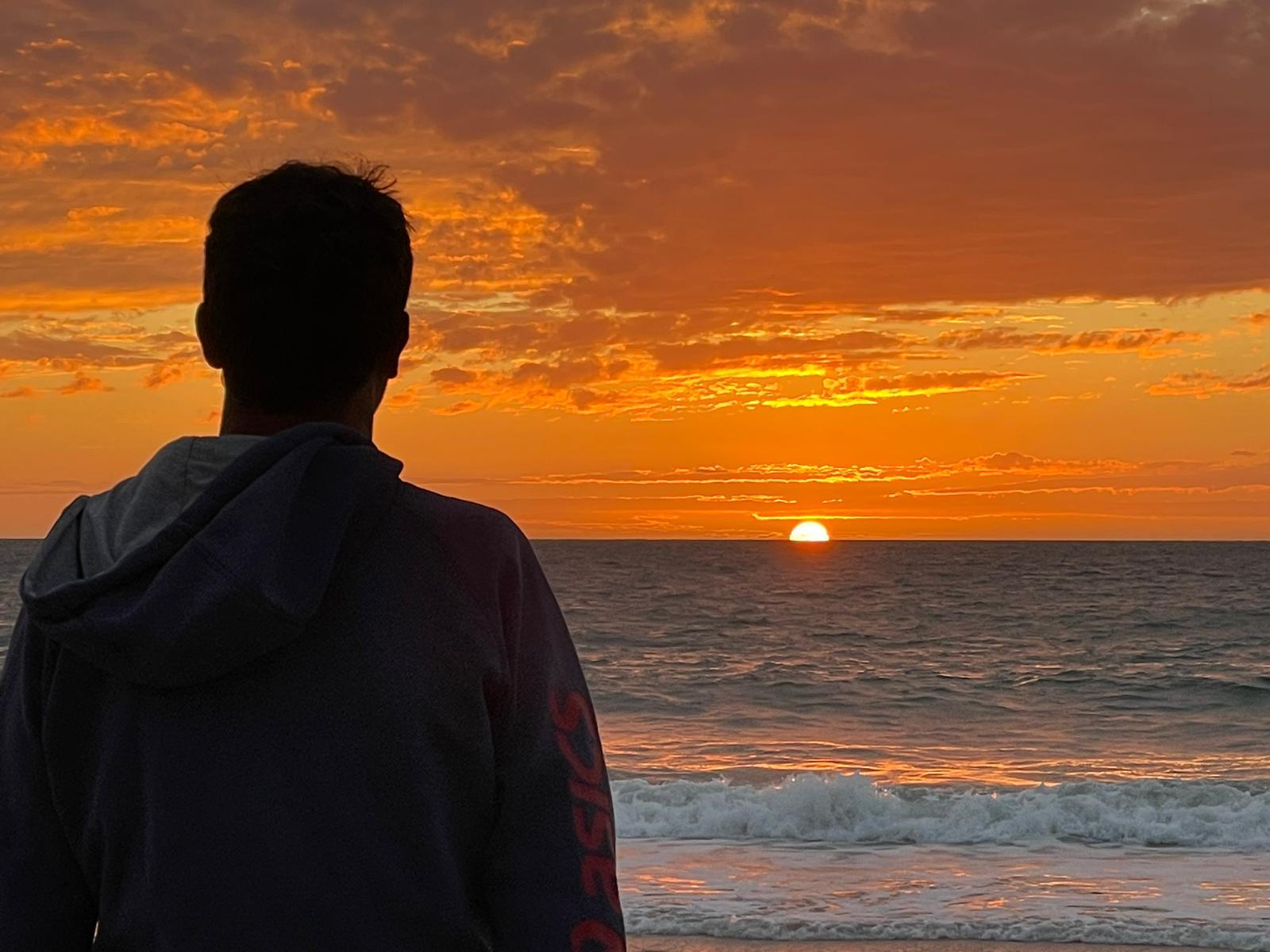Nathaly Haseya, author of the book “The Kidney of the Heart” (Editions Récits) donated one of her kidneys to her little sister who suffered from serious kidney failure. She confides in this little-known gesture of love which can be frightening.
-1730888646.jpg)
- Due to a genetic disease, one of the consequences of which was the onset of kidney failure, Nathaly Haseya’s sister needed a new kidney.
- Nathaly immediately offered herself as a donor.
- She transcribed her experience and her journey during the donation journey in a book entitled “The Kidney of the Heart”.
“My kidneys are in terminal stages, I will need dialysis and to be put on the organ donation list.” When Nathaly Haseya heard her little sister Lucie – suffering from congenital hepatitis fibrosis with polycystic kidney disease, a genetic disease leading to kidney failure – say these words in 2014, she immediately offered to give her one of her own.
This telephone conversation launched an adventure that would bond the two sisters for life, beyond their fraternal bond.
Tests to donate a kidney: “It’s like a big complete check-up”
“It set a whole mechanism in motion”remembers Nathaly. The first step to take was the compatibility test between the kidney donor and recipient. “For the compatibility test, there were around twenty tubes to fill during the blood test.” Analyzes carried out from these samples confirmed that the two sisters were indeed compatible. “Even though we were sisters, there was a risk that we wouldn’t be. Family is not automatically compatible”recalls the author.
Then other medical examinations followed. “It’s like a big complete check-up. I had a battery of tests: echoes, scans. When donating an organ from a living person, doctors ensure that the donor is in perfect health before putting their health on the line to help a loved one”, specifies Nathaly.
In addition to the exams, there are also important administrative and legal steps to take, such as going before a magistrate and the ethics committee. Their objective is to ensure that the donor is aware of the risks and that he meets the conditions set by law: being of age and in good health, being informed of the risks and possible complications, being part of the recipient’s circle (family or loved one who can prove a close and stable emotional bond of at least two years), make a free and freely agreed donation.
The choice was also a recurring subject throughout this procedure which lasted 10 months. “The question that came up at each appointment with a doctor or specialist was: do you still want to give your sister a kidney? It was really pronounced every time during this long journey. We have, in fact, the right to change our minds at any time. Even just before the operation.”
Kidney donation during his lifetime: “There was really a waltz of emotions”
Although her desire to help her little sister, who was just 22 years old at the time, was strong, Nathaly recognizes that doubt was also present during her path to donation. “There was really a waltz between, on the one hand, feelings of deep love for my sister and my desire to give her a kidney in order to save her, then on the other hand the little voice of the ego which made it shine through fear and the instinct for survival. I asked myself a lot of questions.”
The young woman did not voluntarily speak about these questions to her family. “It was already complicated to manage my own anxieties, I didn’t want them to doubt in turn and tell me again: if you want, you can not do it.” On the other hand, she discussed it without filter with her best friend and one of her colleagues. It was actually a conversation with the latter that gave him a definitive answer. “He told me that, even though he adores his brother, he couldn’t give him a kidney in a similar situation, because he had his life to live. He then said to me: you have the right to say no too, if you don’t want to. It made me realize that I really wanted to give him a kidney.”
“I was not on a treadmill that took me to the operation without me having any control over anything. It was indeed a voluntary act on my part. In my head, I took back the reins and it helped me to be the actress of my choice and to go all the way”remembers Nathaly.
Kidney transplant: “We had a laugh”
And, the long-awaited day has arrived. “My sister and I had surgery on the same day. Me in the morning, her right away.” And if the doubts were no longer there, the stress had entered his hospital room. “I was really afraid of the operation.” But the fears did not really have time to take hold. The surgery was scheduled for 7 a.m. “Time to wake up, get ready and off we go.”
The operation lasted 3 hours for Nathaly, a little more for Lucie… and for both, everything went well. However, their reunion had to reach the next day so that they had time to regain their strength.
“When we saw each other for the first time after the operation, we had a laugh. We had been so stressed… We didn’t say existential things to each other that day, I just sat next to him. for her, we laughed and then we talked about things and others, quite simply. We were happy that it had passed, because we had been immersed in this succession of examinations and procedures for 10 months. that the operation is carried out for move on in our lives.”
Transplant: “It took time for my body to realize that the operation was over”
Two successful operations, two sisters in good physical health… a beautiful story that ends there? Not really. Nathaly admits, the convalescence was not easy, mainly psychologically.
His nights remained filled with nightmares. “I was so stressed for 10 months, it took time for my body to accept and realize that the operation was over.” The anxieties were also very present. “I asked myself a lot of questions: “I’m 29 years old, what big things will I be able to do after that? What is essential for me?” For example, I was questioning my work. I was in the legal field and it no longer really made sense….”
To express her fears and questions, Nathaly turned to her refuge when she was a child: writing. “I didn’t just want to write a pretty story with a happy ending. I really wanted to dive into everything I felt, my doubts.” Drawing on her experiences and her family history, she imagined the story of Alice who gives a kidney to her little sister.
“It took me a year to write the book. It was quite quick, because everything was precise and clear in my head. Once finished, I put it in a drawer, because for me it was a step in my journey of acceptance and healing.”
It was ultimately only in 2021 – when these questions finally led him to leave the legal world to become author and designer – that she thought about this novel again.
“I took it out of the drawer, I reread it and I said to myself that I wanted to share it to help people who find themselves faced with donations or a transplant. Living kidney donation is an act unknown to the general public The question of organ donation is not simple… so during one’s lifetime, it is even less so.”
Before publishing his book entitled “The Kidney of the Heart” Nathaly completed it by creating illustrations then called on the musician Noodles to create a soundtrack “like the movies”. “It raises awareness in different ways. There are people who may not read the book, but who will be touched by the music or the drawings.”
“We live completely normally with just one kidney”
Ten years after the donation, everything is going very well for Nathaly and Lucie. “We live completely normally with just one kidney. The recommendations that we are given are exactly the lifestyle recommendations that we give to everyone: drink at least 1.5 liters of water per day, eat a balanced diet, be active…”explains the writer.
Furthermore, she adds: “I may only have one kidney left. But in my mind, I still have two, because it was an act of love that I did for my sister. Energetically, my kidney is still there.”
In addition to being an act of love for her sister, donating a kidney was also a real eye-opener for Nathaly. “At 29, I asked myself questions like what is important to me? What do I want to do? Do I like my job?”
“It was a little seed of wisdom before its time, it made me think about things that we generally realize around the age of 60.”
“The upheaval of the transplant made me finally question my life and return to my artistic side. I live much more aligned with what I feel and what I want now.”
For people who find themselves in the situation she experienced exactly 10 years ago, Nathaly has a few words: “Even if it is difficult and long, and it calls into question our life and our future, if we have love as our deep driving force, we manage to go to the end of the gift.”















